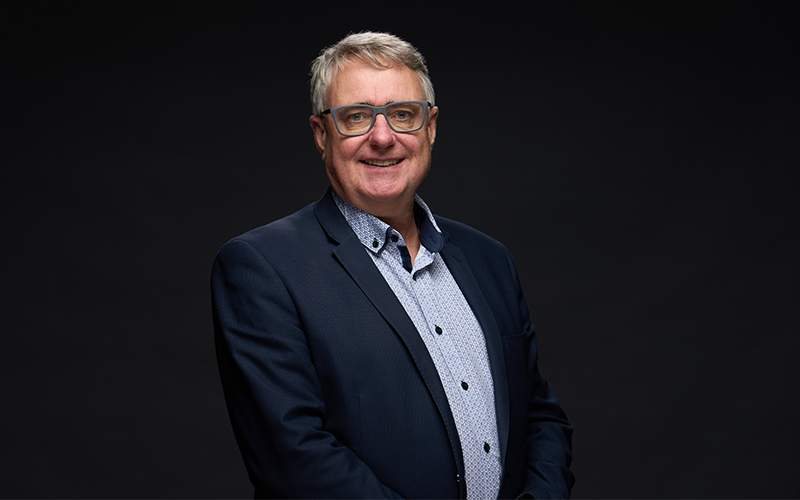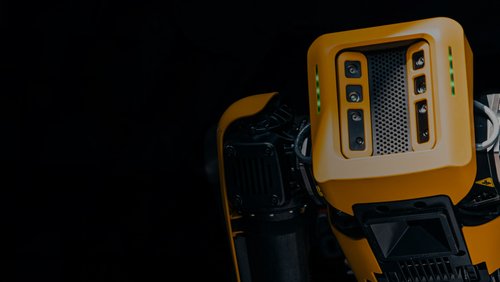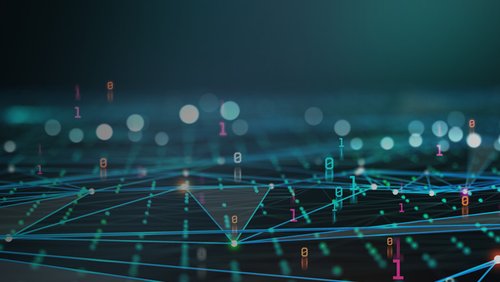10 Jun 2025
The recent rapid emergence of AI agents or “agentic AI” – artificial intelligence systems that autonomously reason, adapt and execute tasks – has significantly reshaped the role of Generative AI in professional engineering. These developments aren’t merely incremental improvements, they represent profound technical shifts in engineering practices.
Agentic AI distinguishes itself from prior technologies by integrating adaptive reasoning processes and the ability to carry out long instructions. It doesn’t merely automate predefined tasks, it autonomously evaluates inputs, formulates logical approaches and executes solutions effectively. Processes previously demanding extensive manual effort such as detailed documentation, comprehensive data analysis, or evaluating and reviewing design options, are now rapidly executed by AI-driven tools with continuously improving accuracy. As a civil engineer, I’m genuinely impressed by how quickly Generative AI has evolved to deliver accuracy and quality. I believe AI agents will soon become essential across engineering disciplines.

As designer and facilitator of Engineering New Zealand’s full-day CPD course “Exploring the power of Generative AI” I show attendees how to automate engineering tasks that were previously so complex and reliant on engineering judgement that they were un-automatable. With the improvements in AI’s mathematical and coding abilities, AI agents can now serve as technical collaborators for human engineers. I give people the practical skills to create and customise these tools. The in-person course contains a practical session where attendees identify a work task they’d like to automate, then they create a powerful AI agent to do this. For example:
— Design verification – using an AI agent to automatically assess designs against, for example, NZ4121, Auckland Transport’s design guidance, and other relevant standards.
— Road safety audits – as AI tools are used to rapidly evaluate road designs, using an agent to identify and flag critical safety issues such as inadequate signage or unsafe pedestrian pathways.
— NZS 3910 contract writing – getting an AI agent to automatically create an NZS 3910 contract based on the request for tender/request for proposal and scope documents.
Other technical applications created on the course involve automatic generation of analytics dashboards, cost estimates derived from initial project descriptions, asset management plans, and sophisticated environmental data summarisation. Essentially, AI is well-suited to enhance efficiency in any data-intensive engineering task.
AI agents don’t replace traditional verification processes and human accountability. Engineers do raise a number of concerns regarding AI, such as whether AI will eliminate graduate engineering jobs. Unlikely. In fact, AI agents can lift the performance of more junior staff and for the curious, accelerate their learning. The senior engineer’s role will evolve, focusing increasingly on oversight, guidance and strategic integration of AI technologies.
Engineers are also concerned about whether AI is secure for sensitive data. Yes, with the right tools. You must always know the privacy and data sovereignty of the system you are using. I often advise organisations on which company-wide “Enterprise AI” tool to provide for staff.
With the improvements in AI’s mathematical and coding abilities, AI agents can now serve as technical collaborators for human engineers.
Engineers also raise questions around prompt engineering. Almost all current Generative AI technologies now use reasoning capabilities and so the AI will work out what is most likely the best objective to meet, so prompt engineering skills are less essential.
Soon there will be thousands of AI agents that engineers can use, with many available for free. In the interests of accuracy, I strongly recommend that organisations create their own, building in their own experience, intellectual property, lessons learnt and client requirements.
The launch of AI-powered chatbot DeepSeek started this transformation towards AI agents. In 2024, it was fine to ignore AI but in 2025, engineers proactively integrating these technical capabilities will establish a new benchmark of productivity, fees and quality.
Matt Ensor MEngNZ is the founder of Kia Ora AI.
Find out more about CPD courses.
This article was first published in the June 2025 issue of EG magazine.







